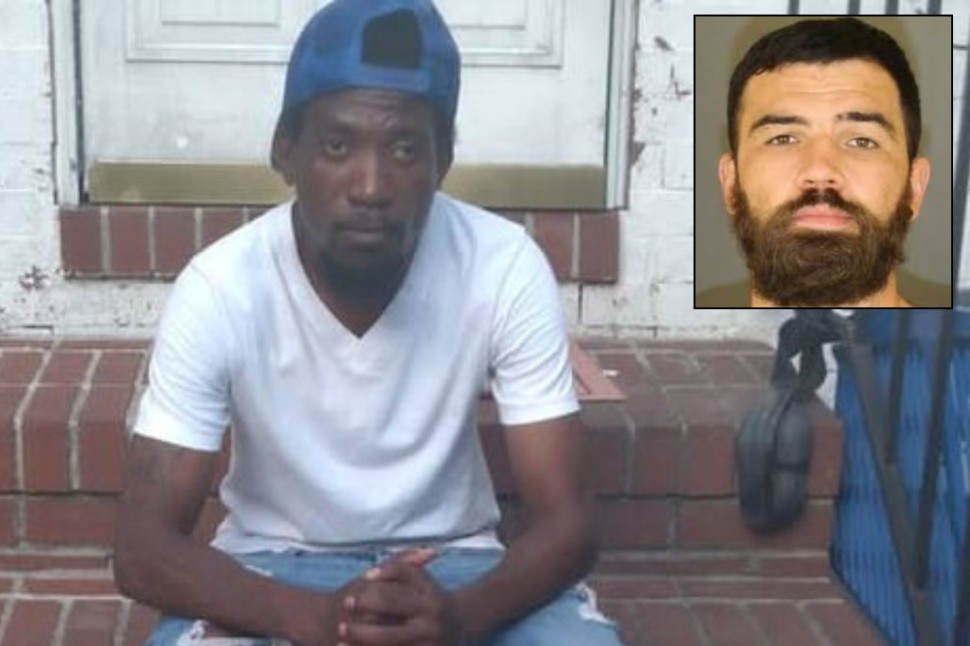
A lawsuit filed against Maryland's Department of Public Safety and Correctional Services alleged that officials were "fully aware" a deaf and mute inmate would have been unable to call for help before he was violently murdered in his cell.
Javarick Gantt, who was born permanently deaf, pleaded guilty to his first charge, a misdemeanor assault, in April 2019. He was arrested for violating his probation and later served with warrants for failing to appear at court hearings and check ins, The Baltimore Banner reported, because Gantt "struggled to navigate the bureaucracy of the Baltimore City court system and the public transportation that he needed to take to report to his agent."
Gantt's trouble continued after he was brought to Central Booking in July 2022 and held without bond. The 34-year-old was "improperly screened," according to the lawsuit, and placed in a medium-level prison "even though the referenced assault was only a misdemeanor, not a violent felony charge that would have required placement in at least medium security."
Additionally, prison officials did not take Gantt's hearing disability into consideration when placing him in a higher security prison.
On September 30, 2022, Gantt was reassigned to share a cell with 35-year-old Gordon Staron, an inmate convicted of killing a homeless man in Baltimore with a hatchet, after Staron's previous cellmate expressed fear that he would be harmed. While incarcerated, Staron had exhibited "paranoid behavior" and had been "prescribed and taken off different mental health medications."
Eight days later, on October 8, another inmate discovered Gantt's body. He told investigators he had heard loud noises and grunts in the early hours of the day but no officers had responded.
The wrongful death lawsuit alleged that correctional officers failed to conduct required security rounds during the overnight shift from 11 p.m. to 7 a.m., and falsely documented those rounds in official logs. It further claimed that jail officials are responsible for Gantt's death due to inadequate staffing, poor monitoring of detainees, and failure to create a system that would have allowed a disabled inmate like Gantt to call for help in an emergency.
Since Gantt's murder, the Department of Corrections has refused to cooperate with the investigation, and his family has received no explanation for why he was not protected while in custody.
"The family wants and deserves answers, and they're filing this lawsuit to get that, and to ensure that this doesn't happen to someone else," the family's attorney stated.




